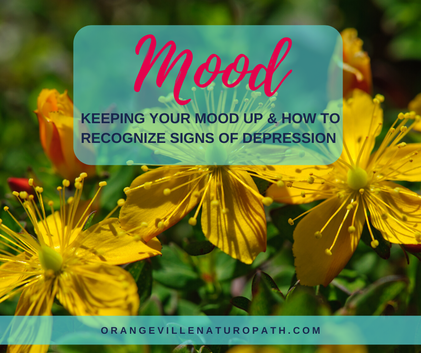Here we are, a month into this surreal time, and I'm really at a loss for words. Despite the knowledge that we have a collective experience happening, I still find it hard to process it all.
I usually don't watch the news. I read highlights and stories and journal articles to stay up to date, I check the Weather app and catch the local radio station on my drive to work, but my focus beyond being generally informed is to stay up to date with health topics. Lately though, I'm doing my best to be current with the research, political decisions, restrictions in how I practice and also the wisdom & perspective of respected professionals. It is a lot.
So I reached out to a great friend, who is also a Naturopathic Doctor, last night. We video chatted for almost two hours. (Which is how long it takes when you have work, family, personal feelings and the meaning of life to get through). As an extrovert and self-proclaimed social butterfly, she thrives on people and is majorly feeling the lack of physical connections right now. She admitted that she is experiencing depression, which she never has felt before in her life.
Before all this went down, it was thought that 1 in 3 people would experience anxiety or depression at some time in their lives. Of course, I think that number will go up a lot higher now. Not everyone who feels depressed or anxious has a triggering event that they can pinpoint, but our current situation is putting a lot of people in that space.
It actually can be hard to recognize yourself, but here are some things to watch for:
Signs to Indicate Depression or Low Affect
- fatigue
- trouble concentrating
- inability to make decisions
- feelings of worthlessness, guilt or helplessness
- loss of interest
- sleep changes - insomnia or sleeping too much
- pessimism and hopelessness
- change in appetite (overeating or no desire for food)
- sad feelings
- negative outlook
- digestive issues
- low libido
- headaches, other pains
- increased substance use
- dark thoughts
A low mood or depression are common responses to life changes and grief - two things that we are all going through right now.
Here are some things we can do to boost our mood:
- Practice gratitude to focus on staying positive
- e.g. journal something you are grateful for each day - Talk to someone and maintain connections
- friends, family, and therapists (lots are doing online or phone visits) - Turn the corners of your mouth up
- replicating a smile can create a smile and brighten your spirit (your muscles feed back to your brain to tell you that you're happy - weird, eh? Try it.) - Walking, especially in nature if that's available to you
- get Vitamin D
- envision the forest absorbing your thoughts, and hug a tree - Help someone or ask for help
- divide up household responsibilities
- do a porch drop off for someone - Stay in a routine
- try to get up and go to bed at the same time every day, eat at roughly the same times, etc. - Eat foods high in...
- Omega-3s: sardines, salmon, mackerel, hemp & chia seeds, walnuts
- folic acid: spinach, avocado, asparagus, beets, broccoli
- antioxidants: berries, bright coloured fruits and veggies
- protein: fish, chicken, beans, lentils, beef
- probiotics: kefir, kombucha, sauerkraut
-> eat whole foods (not processed) - Watch sugar and carbs
- the "white" foods (potatoes/chips, flour, bread, cookies, candy/sugar) cause a quick improvement in mood by triggering serotonin (and an opoid-like response) but it quickly dissipates
-> other starches like sweet potatoes, brown rice, quinoa, squash are preferable options - Monitor your inputs
- phone use, news, technology/screens
- balance with positive messages (e.g. follow some inspiring social media pages, look for goodness, create boundaries with negative talk) - Extras
- There is a lot of great research on Fish oil, Vitamin D, Probiotics, B vitamins, St John's Wort (pictured above- it's a happy looking yellow flower, isn't it?), Rhodiola, Ashwagandha, Lavender, and many other mood supports. It's best to be guided when selecting these treatments to get the best match because there can be contraindications (I can help with this).
Furthermore, it has been said that mental health will be the next health crisis we face, so I believe that it's important for us to really focus on our emotional wellbeing as much as possible.
Remember that you can't "fix" someone, their feelings aren't personal, they aren't lazy or unmotivated. If you've never been there, you likely won't be able to fully understand, but you can always be kind.
Warning signs to think about - here's a link for yourself or someone you suspect needs support (Dufferin help line, a number to text and resources from Crisis Service Canada)
Warmly,
Dr. Christa

 RSS Feed
RSS Feed